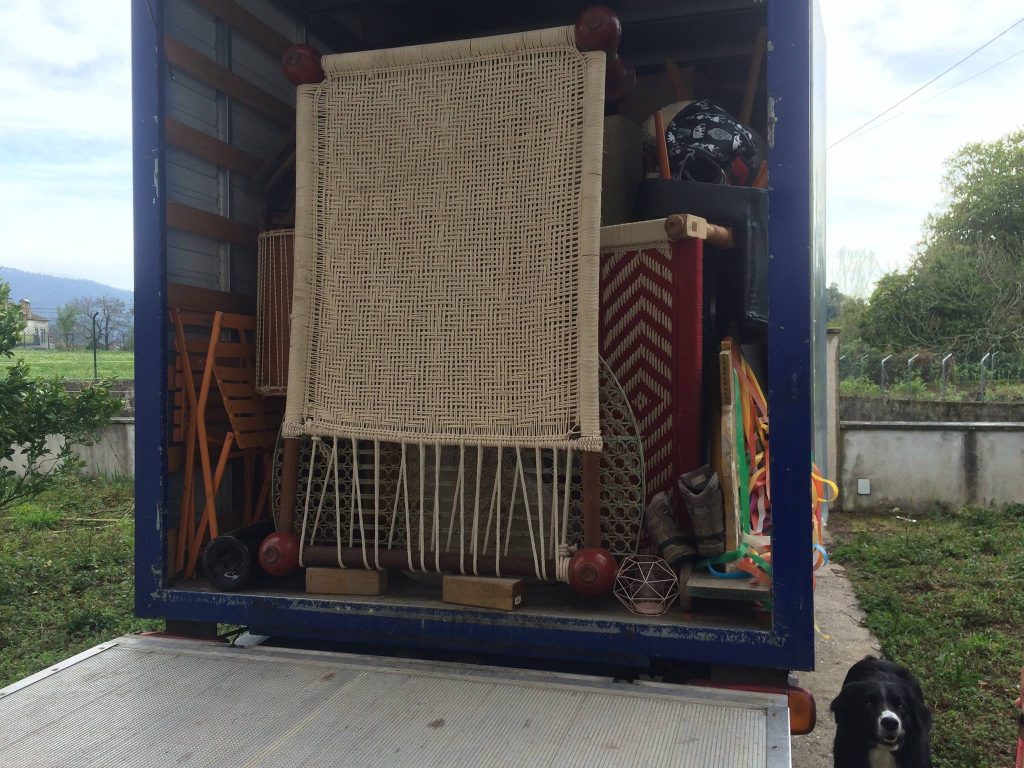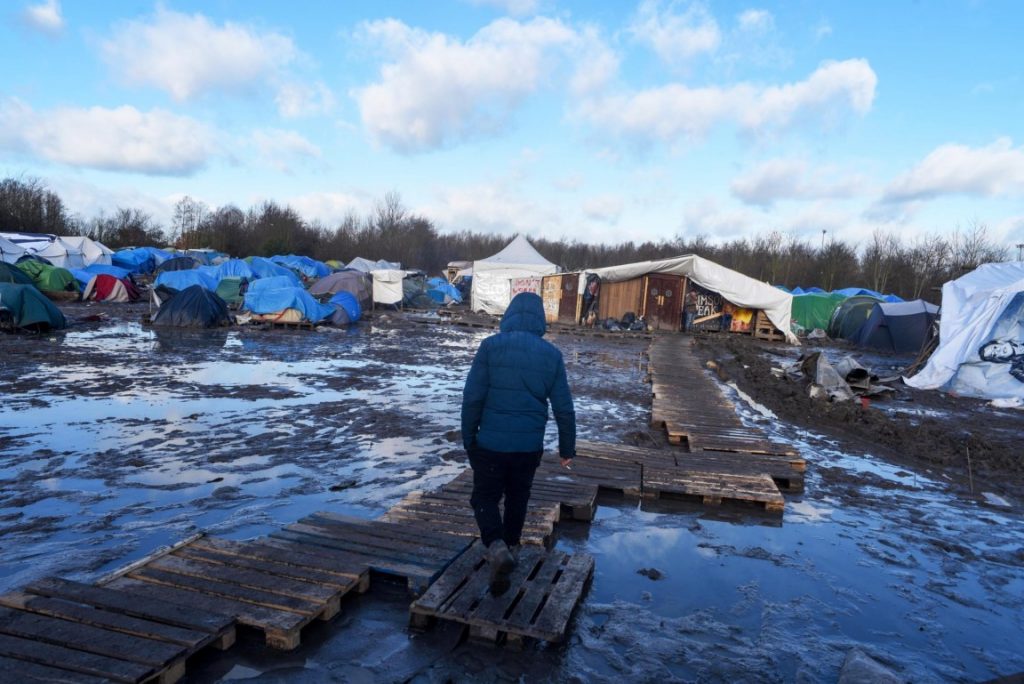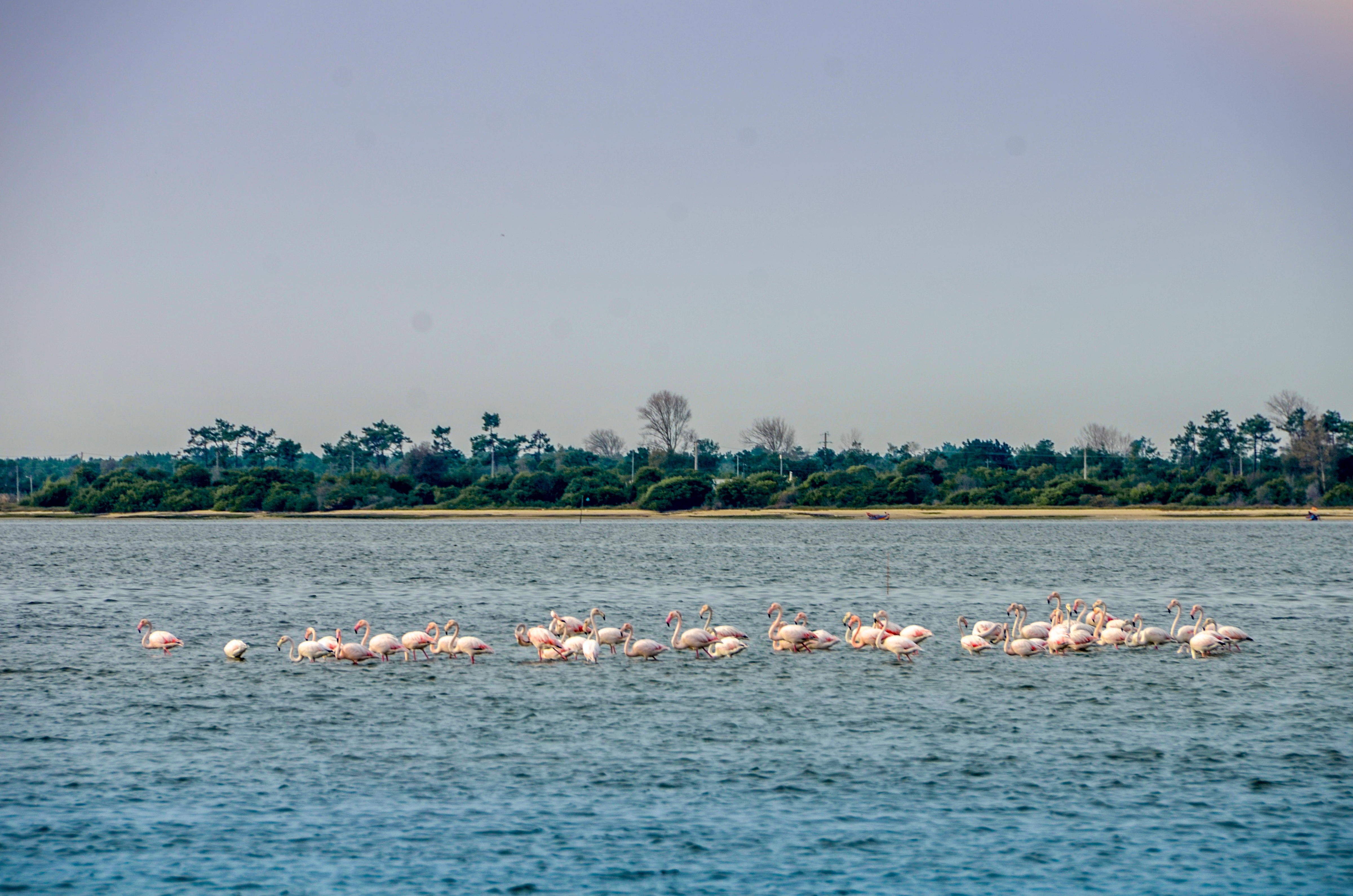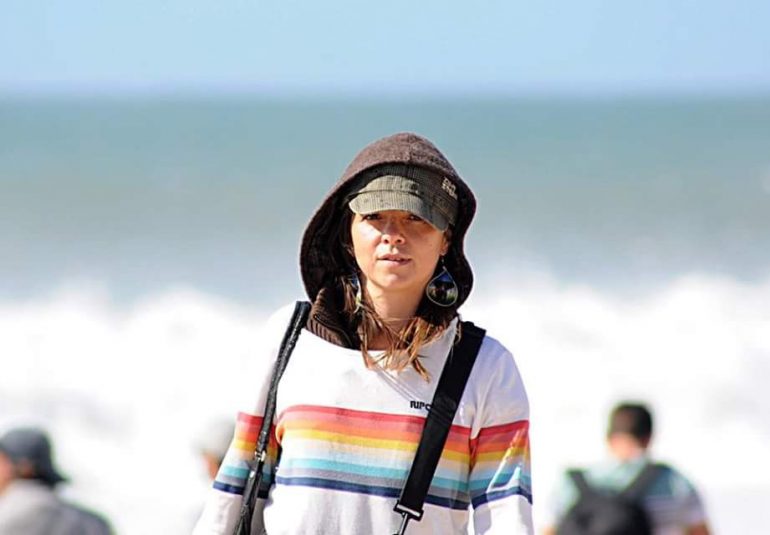I’m a wanderer, a nomad, an expat, an immigrant and a migrant. I am also named Sophie. But hey, what’s in a name? Defining an ideology or people by official land borders is a lack of vision. Ask the Kurds, Tamils or Rohingya. People are looking for a better life, and that’s only human.
We moved voluntarily to find ourselves a ‘lifestyle’ that fits our wishes or lifegoals: clean air, more outdoor living, less pressure to succeed, more time for each other, less blabla. A lot of people dream of taking that step I guess, but only a few migrate because that means you have to be ready or accept to leave behind life as you know it. You have to reinvent yourself and look with an open view of another culture. We live here almost two years and it is only now, we can breathe a little. Summers are hot & winters are cold. Adapt. Houses are not isolated & don’t have heating. Adapt. Southern friendship standards. Adapt. Back in the eighties when it comes to women, pollution & traffic. Adapt. Southern food culture. Adapt. Low social life. Adapt. Google Maps & Google Translate are our favourite apps. What looks laid-back at first glance, is a complicated social structure of Catholicism, dictatorial past, a gap between rich & poor, agriculture and strong family ties. We discovered this through trial & error, misunderstandings, awkward situations and scanning the borders of what is (un)acceptable. For a North-European it’s a reflex to solve a lot of problems & time dealing issues with money, where Portuguese tend to do you a favour or don’t want to be rushed into things. It’s always about finding a balance between two cultures.
The importance of having an own place where you can arrive home and breathe can hardly be underestimated. Unfortunately, the house we lived in was always cold, humid and noisy. After months of being cold that beard a lot of tensions. Restlessness. Also, adults need shelter and security. Not that we doubted one second of going back. But easy? No.

Frustrated & unreasonable
How confusing & hard moving away is, we still belong to the happy few. Everything is going to be just fine. We are here because we want it. In my darkest moments this winter, I saw images of refugees who had to flee their country because of civil war ( Venezuela, Sudan, Syria), rape & systematic murders (Rohingya), natural disasters (Philippines, Haïti), desertification (Morocco, Tunis), floods ( in the near future Venice & Maldives), and I felt so small. Because what’s my problem? If I was restless, frustrated and unreasonable, how do refugees living in the mud, robbed of identity & possession feel? I cannot even imagine it. At the same time, you see our politicians marginalize them, doing nothing and even systematically harras them (Dunkirk). They create the roots of problems that they think are inherent to refugees: anger, unsafety, fear as a guide, violence.
Good things happen as well: Where Maggie De Block & Theo Francken expunged thousands of shelters, a lot of Belgians gave/ give refugees a place to sleep, and so respect & understanding. Not intimidation but trust. Just like Portugal that was willing to offer double of the obligatory amount of refugees a place to stay. Unfortunately, they wouldn’t stay because of a lack of ethnical groups & national minorities (and good organisation) where they could find shelter. Safety with family & friends, or common values. A refugee doesn’t want to stay a refugee. He doesn’t want to migrate, be an immigrant or an expat. And certainly not a wanderer, nomad or adventurer (as in our case, ha). A refugee wants to go home.

Home, among Portuguese
Expats as well ( white & rich?) tend to seek security among each other. When I lived in Moscow I met a lot of foreigners who lived there for years but didn’t speak the language nor had Russian friends. Just like in Tanzania & Senegal where it even felt colonial. Afraid of black men. But in the end, seeking security & solidarity among yours is a human thing to do. It is tempting to keep on doing all those thrilling habits like shopping, dining for hours, weekend trips with friends and so on. Expats as an ethnical minority. Hilarious!
But it seems quite rude not to seek connection with the Portuguese (Russians or African) lifestyle. We bought a house among the villagers, not on a remote mountain or in the Algarve between the North European tourists. It’s probably the reason nobody else (foreigners) bought the house. It’s not up to us to expect a menu in English or French but to learn the Portuguese language. Or not to always get our way by showing money but to accept the Portuguese habits. Not that Davy and I don’t make any mistakes in it: our presumptions are deep-rooted and sometimes it’s hard to not impose our way of handling things ‘more efficient & faster’. One of the nicest things I learned is to accept a favour or to handle problems with patience instead of money.
It gets a bit odd when the Portuguese migrants return to their homeland in August. They arrive in their Porsche, white Range Rover, spend a lot of money in their villages, go on a holiday to the Algarve and fire off homemade fireworks. Grandmother happily prepares copious meals while their French-speaking grandchildren are scrolling bored through their smartphone. The craftsmen who stayed in Portugal have tons of work during those weeks because their old buddy’s (expats? Migrants?) want their houses to be perfect during those weeks (staying empty & humi the rest of the year). In that month it’s not weird to see big cars with French or Swiss number plates parked in the small mountain villages. It’s hard to see who is the local, the expat, the immigrant, migrant or tourist and it doesn’t actually matter. We drink the same wine and we eat from the same garden. And that is what is so beautiful about this country, strangers are welcome.
I am Sophie, a wanderer, a migrant, a traveller, an immigrant, a nomad… But above all, I am a world citizen and I can live (almost) everywhere.


